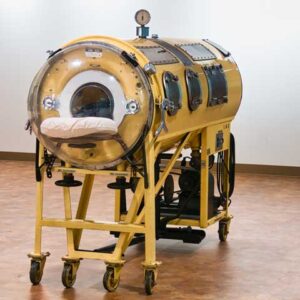Deep sleep—the body’s most restorative stage—is essential for tissue repair, immune support, and memory consolidation. Low-frequency sounds, such as delta waves (0.5–4 Hz), brown noise, or slow ambient tones, can help the brain enter and maintain this stage. These sounds work through brainwave entrainment, encouraging slow-wave sleep, masking disruptive noises like traffic or snoring, and calming the nervous system by lowering heart rate and stress hormones.
Research suggests delta-range binaural beats and acoustic stimulation can improve sleep continuity, increase slow-wave activity, and enhance memory, while brown noise may help users fall asleep faster and wake less often.
Those who benefit most include light sleepers, older adults, shift workers, and anyone struggling to reach deep sleep.
Practical approaches include using white or brown noise machines, sleep apps, or low-frequency music, paired with a dark, quiet room and a consistent sleep routine.
Low-frequency sound therapy is safe, non-invasive, and may support deeper, more restorative sleep naturally.







